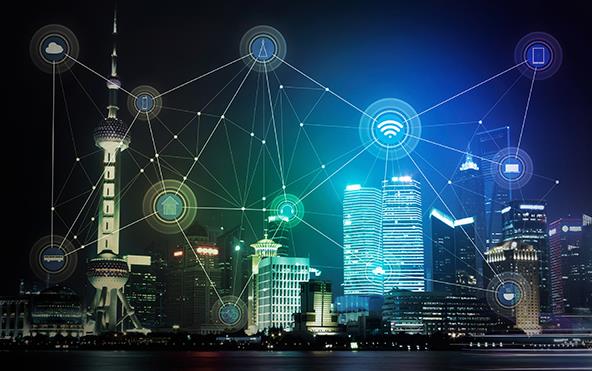Although many cities are still working hard to improve their infrastructure, more advanced smart cities are using technologies such as artificial intelligence (AI), machine learning (ML), IoT (IoT), and big data to support sustainable development and meet residents '' Improve expectations and improve recovery.

Considering this, in some key areas, technology and data are impacting the life of smart cities.
Intelligent waste management
Mature smart cities are using the Internet of Things for effective waste management. Through the Internet of Things sensor connecting the trash cans around the city, the information of which trash can be filled or overflowing information to the authorities or related institutions in order to collect the garbage in time. This is helpful in many aspects, and the most obvious is to get rid of an unhygienic environment. This information also helps workers to plan their pick -up route better and more effectively.
In addition, by collecting data from these trash cans, more modes can be unlocked, which helps make more wise decisions. For example, according to the time when the trash can around some areas, the authorities can decide to deploy more trash can or appropriately change the garbage collection timetable to minimize the impact on the environment.
In addition, for a period of time, this also helps understand people's lifestyle, consumption model and attitude. Overall, waste management based on the Internet of Things has helped improve living standards by strengthening governance, reducing costs, and improving energy efficiency.
Sustainability
Sustainable development plan is considered to be one of the best strategies to deal with various challenges brought about by rapid urbanization. Big data, the Internet of Things, cloud technology and smart grids can achieve future sustainable cities. For example, voltage fluctuations and power outage are common in India.
Smart grids can play a key role in alleviating such problems, and can also help transform cities into cities with intelligent and sustainable development. Smart grid is a grid with automation, communication, and IT systems. It can monitor the power flow from the power generation point to the consumption point, and control the power flow or reduce the load to match the power generation in real time or in real -time.
Improving visibility, predictability, and even the control of power generation and demand has brought flexibility to energy power generation and consumption, thereby helping cities become more energy -saving. Capture and analysis data helps unlock the model that ultimately enables the system to make prediction so that institutions or management agencies can adopt more wise decisions and actions.
Data and storage
Data is the basis of IoT devices and provides the basis for various smart cities. Analyze the big data collected from various sources to provide information for the improvement of the quality of life. These data must be captured and stored to analyze it. Therefore, storage is extremely important for smart cities, but different types of storage requires different types of storage according to demand.
Now the world is actively promoting the smart city plan to provide residents with a better life. Smart cities are also developing rapidly to adapt to the expansion of urbanization and cope with their challenges. Data and data -driven technology are essential for smart cities to become smarter and sustainable. Therefore, the importance of storage technology will continue to grow.